Loot Distribution Systems for Guilds - DKP, Need Before Greed, Random, and Other Raid Loot Policies
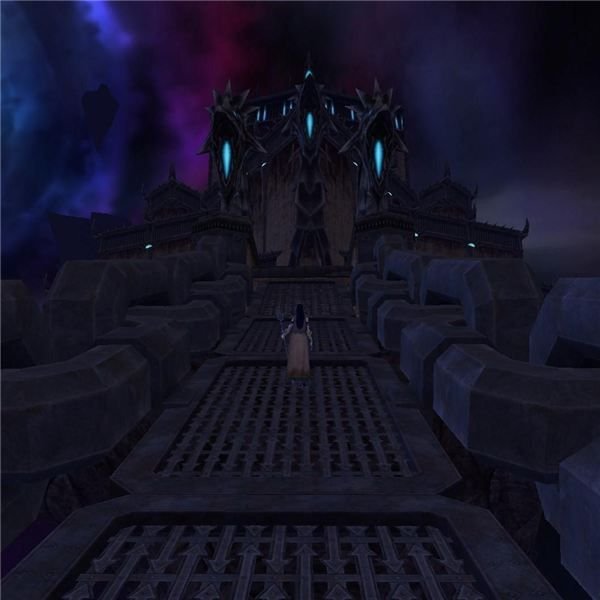
Simple Need / Greed
Most often used among PUGs (pick-up groups), the Need / Greed system has been around as long as MMOs. Although it relies on player honesty, it’s hard to find much else wrong it.
How it works - Players who can and are willing to equip the drop can roll “need” on any upgrade that the group encounters; if no one needs the item, all players may roll “greed” for the item which may then be disenchanted, extracted, or vended for cash, depending upon the game in question.
Weaknesses - There are many other variables, depending on the situation. Players may run into questions of what, exactly, “need” entails, and whether or not a player filling one role in the group might be able to “need” on an item that best suits a different role of which they are also capable, e.g. a character who is capable of tanking, but is running with the group in a dps capacity.
Strengths - It’s hard to argue with the simplicity, especially when there are no interpersonal connections within the group.
DKP
This system originated with Everquest, and has been used in many MMOs since, including the wildly popular World of Warcraft. DKP stands for Dragon Kill Points, and was named so after two of the bosses in EQ. Additionally, several sub-types of the DKP system exist, including Zero-Sum DKP, Simple DKP, and Auction System DKP.
How it works - A “price” in points is assigned to each potential item that the group could receive. Players earn points for participating in raids, and may gain or lose points based on related issues such as being on time, prepared, and willing to stay for the duration of the raid. When an item drops, all interested players communicate as such to the Raid Leader (RL) who will award the item to the player with the highest DKP bank. The price of the item is deducted from that player’s banked points. Many guilds will have an entire document dedicated to the rules concerning DKP and loot distribution, and most have established guidelines about bidding on off-spec items, cross-class items, etc.
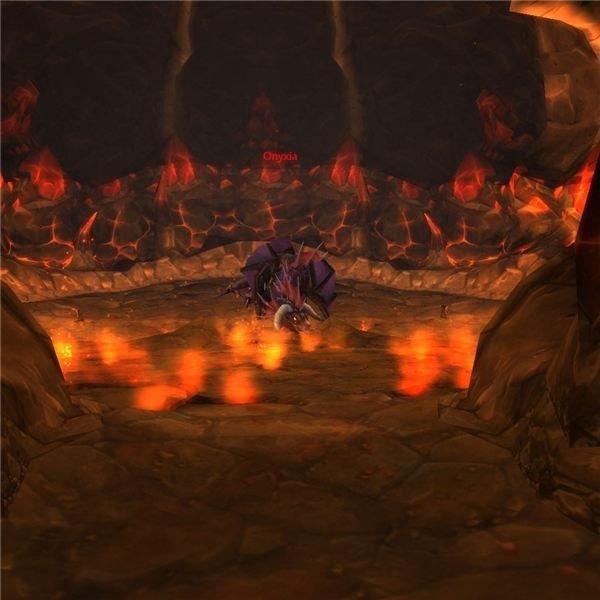
Weaknesses - DKP is a virtual currency system, and as such, it requires an accounting of some sort. Keeping track of each individual’s earned and spent points, especially with multiple raids per week and guilds of up to 40 dedicated raiders, can be pretty taxing on the leadership. Without supporting guidelines in place, it is possible for players to be able to bid on and receive items that really would benefit another player much more, like players who bid on high-dps weapons simply for the stat bonuses.
It is also very easy for the most active guild members to “game the system.” Since the most active members will generally have the highest point total, they will almost always win the “tiebreaker” that allows them to always get first choice on loot they want. Since they replenish their total bank the fastest, it is unlikely that even on subsequent raids a player of the same class would have a higher bank total.
Strengths - In large guilds, like any other social group, there are likely to be cliques and defined circles of friendship among the members. Using a definitive system such as DKP for loot distribution helps to ensure, both to the leaders and all the members, that gear assignment is fair and unbiased. Allocating bonus points to the players who help to make raiding smoother provides a real incentive to show up on time and ready to go.
EP/GP
EP/GP stands for Effort Points / Gear Points, and is a relatively new loot distribution system.
How it works - The Effort Points are awarded to players for boss kills; Gear Points are attributed to the gear that each player receives. EP divided by GP is equal to PR, or priority, for loot distribution. Because both EP and GP decay over time, the system helps to alleviate the point hoarding that can cripple a DKP system.
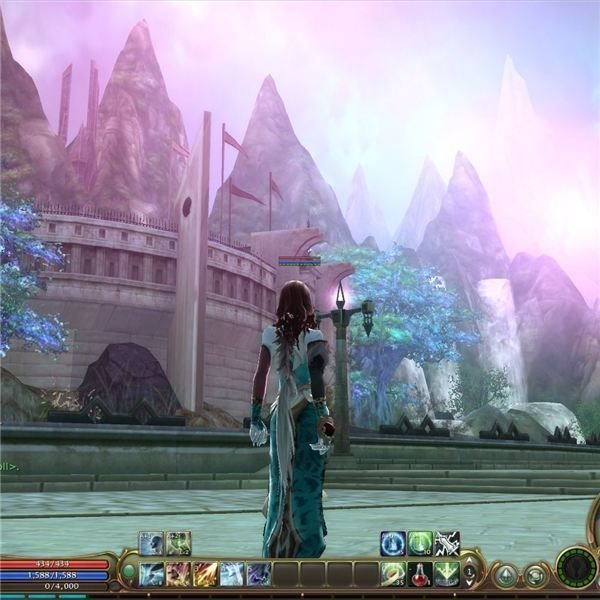
Weaknesses - Like DKP, EP/GP requires an accounting system, and as such, a dedicated accountant. Some guilds may award EP points for each hour of raiding as well as for out-of-game efforts like maintaining the guild website. The calculations involved, which can be easily handled by game addons, can be difficult to understand and are not very transparent to the average guild member.
Strengths - Because both types of points decay over time, the tendency to hoard points is greatly reduced, which allows for more gear to be used. Well-geared guild veterans will still be able to maintain priority for the rarest drops, while newer members will be able to gear up relatively quickly compared to other systems. Additionally, guild leaders can establish different point values for effort based on the boss in question. Wiping on new content could potentially award more points than one-shotting farmed content, which encourages players to commit to progression as opposed to just showing up for the easy raids.
Loot Council
This system, the most subjective of all, relies heavily on having impartial council members and the trust of all guild members for success. While it may work well for small, friends-and-family guilds, it also has the potential to bring a large guild to its knees faster than you can say “GQUIT.” When poorly or inappropriately used, this system can cause enormous guild drama.
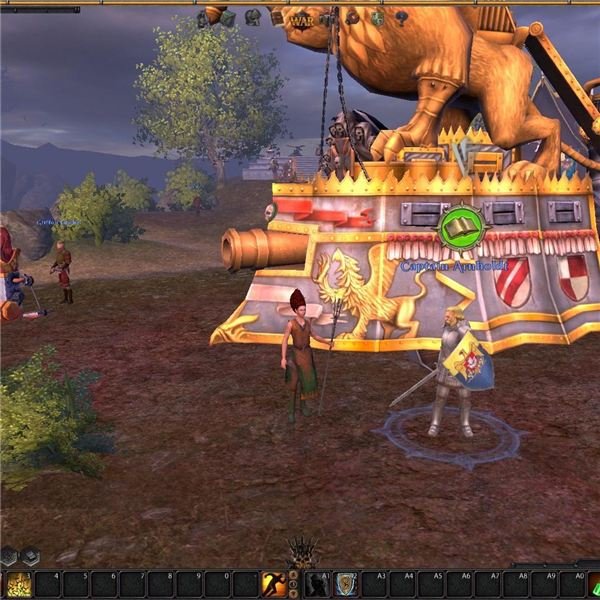
How it works - Just as the name suggests, the guild creates a council who decides how to distribute all loot gained in raids.
Weaknesses - Even the most fair-minded of individuals can easily be accused of favoritism when a member feels cheated or slighted by the council’s decision. Additionally, there may be instances when two or more members are equally interested and deserving of an item. If the council asks those players to roll, the losing player(s) will often resent the council for not making the call. If the council uses subjective data in making a decision, again, the players who leave empty-handed may question their judgment.
Strengths - When held by truly objective members, a loot council may be able to take into consideration more factors than just attendance. For instance, preference could be given to a player who lost on an earlier item, or to a player whose attitude and demeanor is overwhelmingly positive. Similar to the political ideal of an Elightened Despot, this system is theoretically “the best.” But it can only be the best if the members of the Loot Council truly have the interests of the guild as their priority, and only when the members have total trust and faith in the council. Those are two very large “ifs.”
Loot Councils tend to work best when many or most of the members know each other from real life or from other games. For example, players of the text roleplaying mud Threshold RPG use the Loot Council system when they play other MMOs. Actual admins of Threshold RPG typically make up the council, which works well since the Threshold players are used to trusting those admins and have done so for over 10 years. That is not a terribly common guild setup, however.
Which system should my guild use?
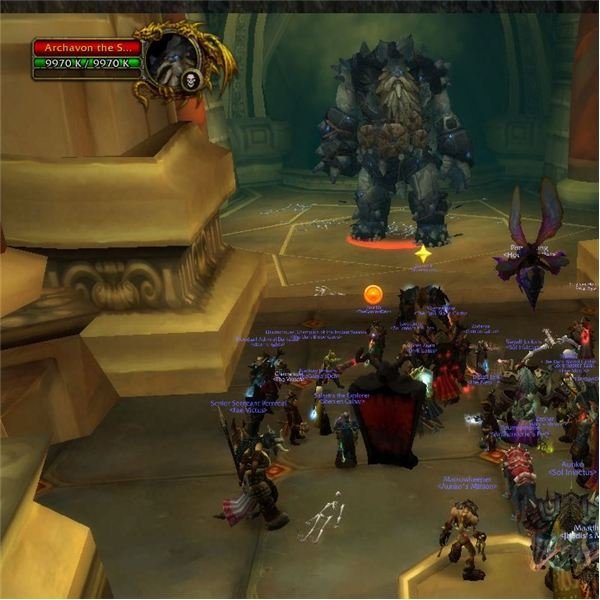
While the jury is still out on which loot distribution is the best, it is clear that each method has its uses depending upon the size, progression, and culture of the guild in question. While some flexibility may be necessary when unforeseen issues are encountered, the best guild loot distribution system will always be well thought out, published for all guild members to view, and as much as possible, strictly adhered to.
For managing a loot distribution system, guilds may use an add on, spreadsheet, or web site application. When every member of the guild understands how distribution will work, most problems can be avoided. Loot rules should also be discussed at the beginning of every run with PUGs. If for no other reason, this will avoid the dreaded drama and ninja-accusations.
This post is part of the series: Guide to WoW Guilds
Check out this article series guiding you through the world of guilds in World of Warcraft including tips on how to best manage a guild as its leader.
- Got Guild? World of Warcraft Guild Levels and Perks
- How To Be A Great Clan Leader
- Don’t Be A Guild Hopper
- Coping with Guild Politics in any MMORPG including World of Warcraft, Warhammer, Everquest and Eve Online
- MMO Guild Drama: How to Prevent it and Deal with it When it Happens
- Guild Loot Distribution - DKP, Need Before Greed, Random, and More!
- Using Guild Event Manager in WoW
